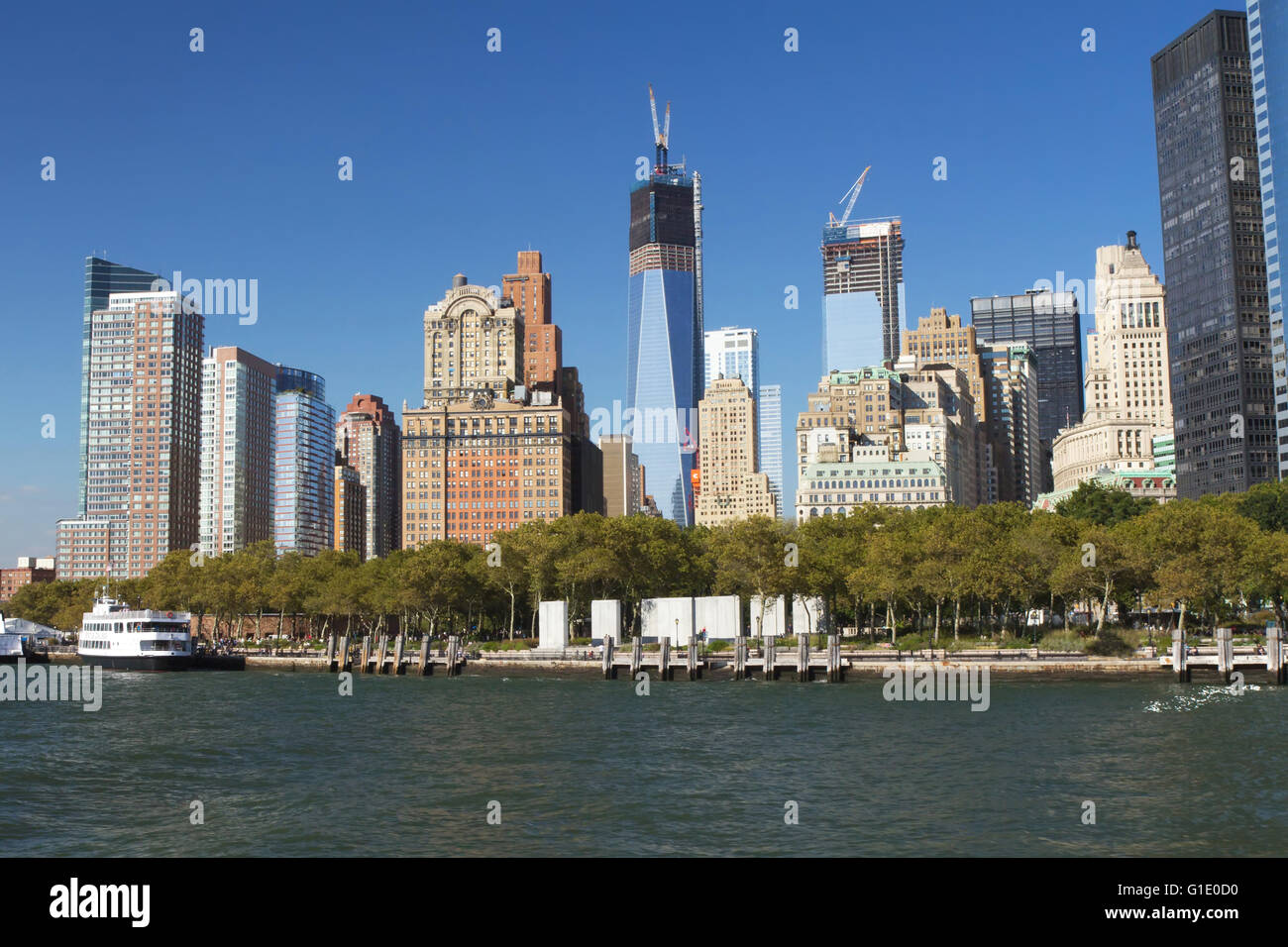
I see it in the way the eternal lament that Paris is getting dirtier is weaponized against immigrants, refugees, and the homeless, as well as political protestors and ecologists. I see anti-parasitic urbanism in things like the “smart city” approach to urban planning, in which cities are thought of as massive computers whose “bugs” can be eliminated with enough monitoring. What makes this urbanism anti-parasitic is the way social politics, media, and hygiene intersect. I argue that Paris has been governed by the drive to eliminate parasites from the city since at least the turn of the 19 th century. This is the sort of issue I examine in my new book, Paris and the Parasite: Noise, Health, and Politics in the Media City (2021, MIT Press). In this case, a promise to get rid of noise is justified on the grounds that these communicational parasites are in fact biological parasites, with the result that people on the margins – parasites in the original, hospitable sense – find themselves banished from the city. When we speak of one kind of parasite, we are always invoking the others. Serres argues that all of these meanings are connected. In French, “parasite” has four meanings: a poor person allowed to eat alongside the rich, a mooch who takes what he or she hasn’t earned, a small organism that sucks the life from another, and noise. This makes it a perfect example of what the French philosopher, Michel Serres, writes in his work, The Parasite. What seems on the surface to be an aesthetic question about the soundscape of the city turns out to be a set of questions about private and public space about language, identity, and belonging and about the health of the individual and the community. Promises to reduce traffic from the suburbs, unless counterbalanced by better public transport infrastructure, can’t help but threaten banlieusards’ “right to the city,” borrowing a term from the Marxist urban theorist Henri Lefebvre. Most of the government’s proposals concerned automobiles and commuting, heated topics given the racial and economic demographics of Paris’s banlieue or suburbs. By reframing the debate around noise as a health and ecology debate, municipal officials were masking, but not really avoiding, the persistence of problems around inclusion and social justice. Of course, environmental policy is not outside the realm of the political. The extra word “pollution” helps with this framing, giving the sense that noise is like smog. Célia Blauel, who was the mayor’s environmental deputy, asserted that Paris was experiencing a public health crisis, with 10,000 deaths per year attributable to noise. This is a reactivation of noise’s root word: nausea, or seasickness. Sound becomes noise, they concluded, when it harms the body of the listener.


The Paris government sensibly sidestepped these issues by insisting on another definition of noise. There is a long history of violence towards the other predicated on the insistence that he or she is a noise-producer. In Greek law, a barbarian did not have a right to life. Should a government provide institutional backing to racist cynicism towards another person’s language and culture? Jacques Derrida reminds us in his writings on hospitality that the word “barbarian” comes from barbaros – literally “blah blah person” – a foreigner whose language sounded like noise to the ancient Greeks. In that case, regulating noise is not really about policing the soundscape of the city it’s about the relationship between neighbours.īut what about the biases that manifest in Not-In-My-Backyard disputes? In a 1991 speech, Jacques Chirac notoriously declared that it was reasonable for French whites to hate immigrant neighbours on account of their “ bruit et odeur,” their noise and odours. Perhaps we could say that it’s a question of situation: it was noise because I didn’t want to hear it, because – you might say – we have a right to silence in our own private space if we want it. Was that noise? I assume even Verdi’s most passionate critics would concede that his work is not noise in its own right. For fifteen or twenty minutes, my walls would throb with La Traviata while they worked out their differences.

To keep the neighbours from hearing their rows, they would put on Verdi. A few years ago, I had an apartment in Paris next door to an older couple who regularly argued. Only a few lines into the government’s plan, the officials behind it acknowledged that noise is not very easy to define. On the surface, this seems like a straightforward and positive proposal. In February, 2016, the Paris municipal government announced a commitment to eliminate noise pollution from the city.


 0 kommentar(er)
0 kommentar(er)
